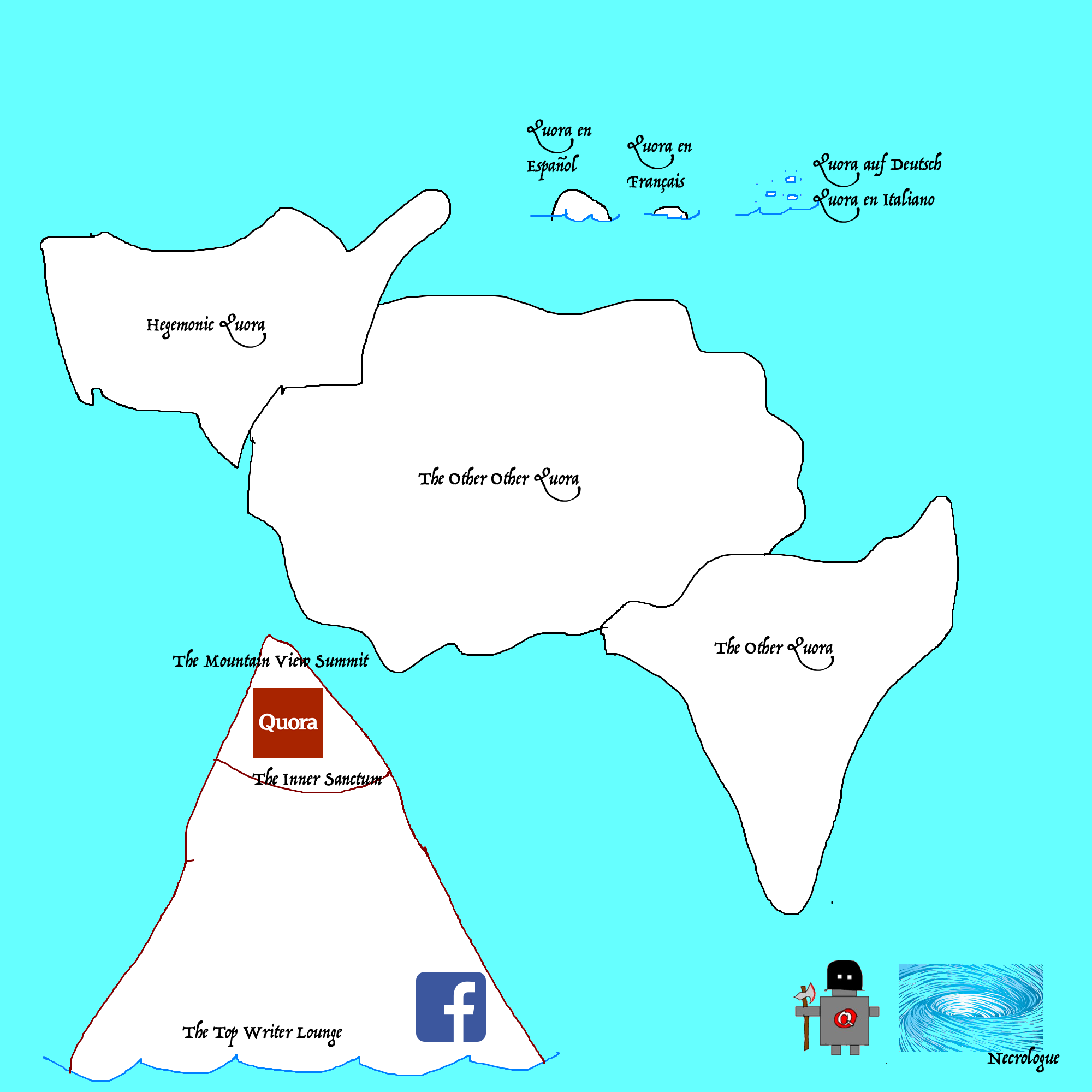Digenes Akritas was a hero of mediaeval Acritic songs, ballads celebrating the deeds of border guards of the Byzantine Empire. The hero survived into Modern Greek folk song, and The Death of Digenis is a song that got a lot of renown.
I cited its depiction of the Grim Reaper at https://necrologue.quora.com/Som… , since I’ve come to be regarded as a Grim Reaper of Quora on Necrologue. If I’m to start rendering the folk song in blank verse, well, I might as well see it through.
The hero Digenes “Two-Race” was so called because his father was an Arab and his mother Greek. The name got alchemised into Twyborn by Patrick White, in The Twyborn Affair—White having heard of Digenes from his Greek boyfriend. Twyborn fits English metre better.
Tuesday was Twyborn born; he dies on Tuesday.
He bids his friends and all the brave come gather,
Menna, Black Ali, and the Ogre’s Son,
and Trembling-Lip, whom world and earth both fear.
They went and found him lying in a field.
He moans—the mountains quake. He moans—fields quake.
“What is it, Twyborn, makes you wish to die?”
“Friends, you are welcome, friends and dear to me;
sit down, be quiet. Let me tell my tale.
Mountains of Araby, and Syrian valleys,
where two men dare not march, three dare not talk,
but fifty, a hundred men tread fearfully:
I’ve passed through them alone, on foot and armed,
my sword four cubits long, my lance three fathoms.
I’ve trod through hills and fields, through fields and summits,
on moonless nights, on nights without the stars.
And living all these years above the ground,
I’ve felt no fear for any of the brave.
I see now a barefoot man, with shining clothes;
his blazon from the lynx; his eyes are lightning.
He bids us fight on marble threshing floors:
whoever wins will take the other’s soul.”
They went and fought on marble threshing floors.
Where Twyborn strikes, blood flows, and forms a ditch.
And where Death strikes, blood flows, and forms a moat.
